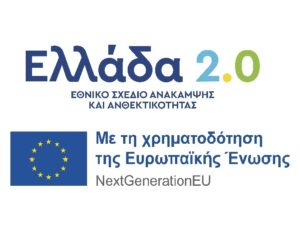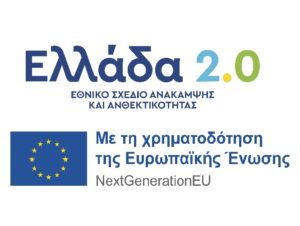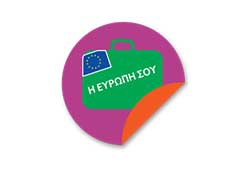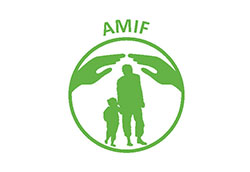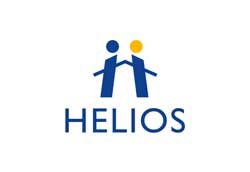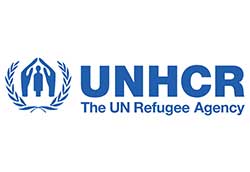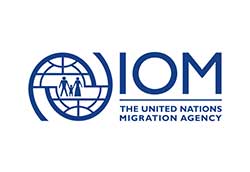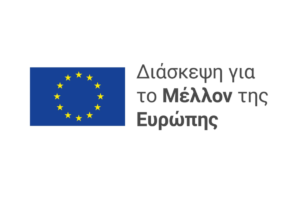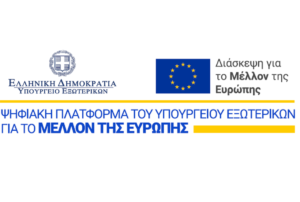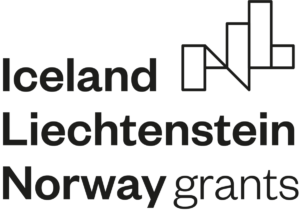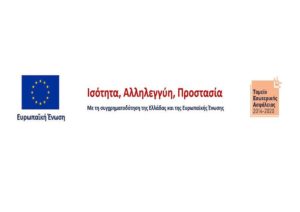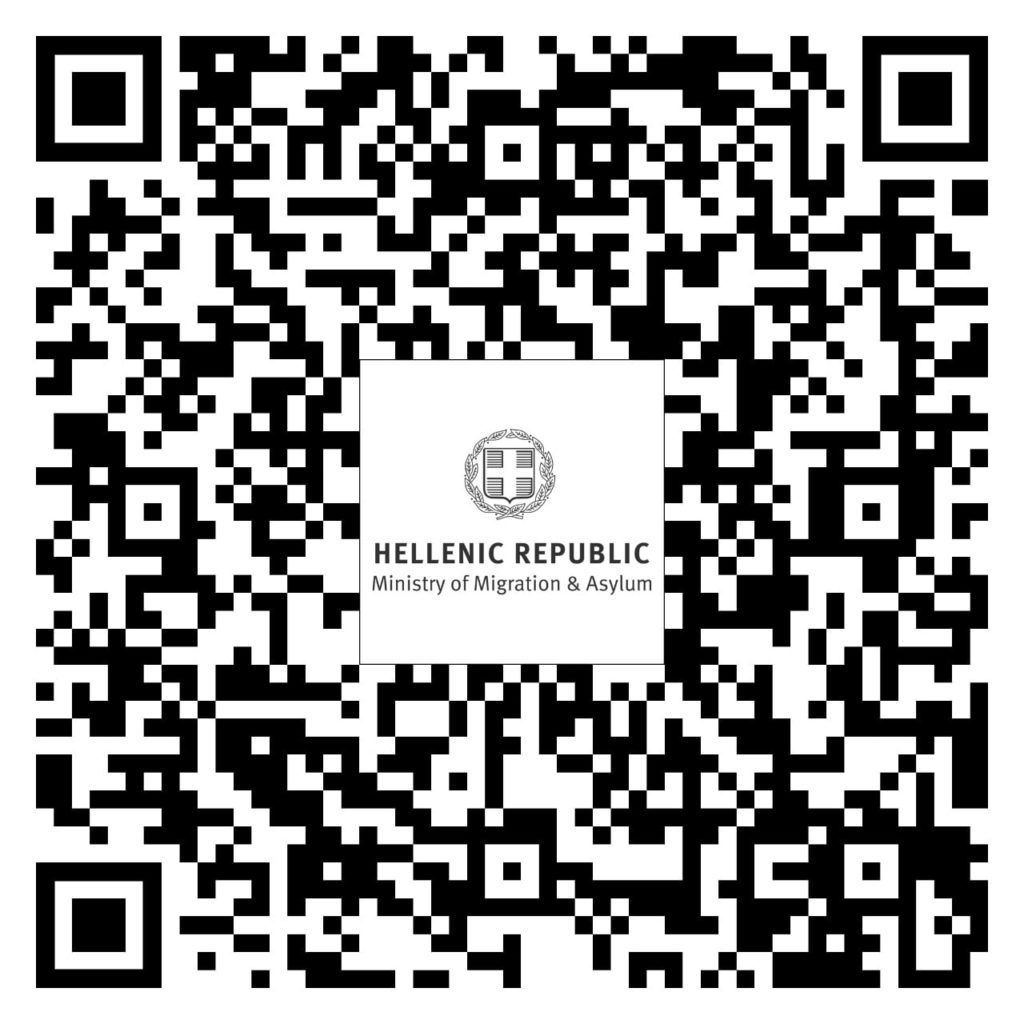- Create and maintain an open society that respects diversity.
- Protect the rights, and outline the obligations of third-country nationals in a non-discrimanatory manner that ensures social equality.
- Foster interaction, collaboration, dialogue and constructive criticism between culturally or ethnically diverse communities, promulgating democracy and equality.
- Promote diversity, tolerance and social cohesion.
- Motivate all individuals to protect the common good and encourage the contribution of all individuals to the development of the country.
Greek Policy for Social Integration
The National Strategy
Social integration is a process that entails mutual accommodation by third-country nationals (migrants, applicants, or beneficiaries of international protection) and Greek residents. Successful social integration leads to peaceful co-existence, respect for diversity and social cohesion.
The current National Strategy for Social Integration was issued in July 2019, following revisions and developments of the National Social Integration Strategy of 2013.
The National Strategy of 2019 contends-based on specifications from the European Council and the European Union, that a successful social integration policy requires the active participation of the State, Institutions, and civil society.
In this context, local communities in Greece are very important for the effective implementation of social integration policies. Local Greek government administrations serve as key vehicles of social integration by involving and engaging local communities, .
Further, the successful implementation of social integration policies also requires the effective collaboration of local government administrations with the central government administration. It also depends on the active involvement of civil society entities-such as associations or unions for migrants and refugees and non-governmental organizations, in social integration initiatives.
The Greek model for social integration
According to the National Integration Strategy of 2019, the main objectives of the Greek model for social integration are:
Social Integration
Access to necessary services and goods (accommodation, healthcare)
Social dimensions of integration (access to education, work, professional orientation, training in using social services, civic participation and participation in political life)
Familiarization with new attitudes and behaviors
Strategic and tactical goals of the National Strategy
The current National Strategy for social integration is an evolved strategy that caters to a new international, European and local, socio-economic landscape. The basic tenets of the current strategy are:
- Enable the integration of beneficiaries of international protection and applicants of international protection who temporarily reside in the country, and/or will remain in the country-if they are granted international protection.
- Assist migrants who struggle to maintain their lawful residence status due to the economic crisis.
- Involve more the local government administrations and enhance their role in the formation of social integration policies.
- Raise public awareness with regards to the importance of social integration and inclusion.
- Coordinate and align the activities of all governmental and state bodies towards the implementation of a common national strategy.
- Collaborate and align with international and private state bodies as well as civil society.
- Modernize and digitize the administration processes for resident permits and international protection status.
- Promptly and thoroughly inform migrants with regards to new national developments in migration policy, activities and programs, as well as their rights and obligations in the context of social integration.
Action pillars and policy measures of the National Strategy
The action pillars of the national strategy and their corresponding policy actions and measures are described below:
- Collaboration with the local government administration to promote integration on a local level, which involves actions and measures such as: enhancing the collaboration between the central administration and the local government administration, enabling the participation of local administration bodies in integration initiatives, improving reception services offered to applicants of international protection, improving local reception and integration services, offering accommodation services to beneficiaries and applicants of international protection and enhancing the operation of Migrant Integration Centers (M.I.C.).
- Access to necessary goods and services,which involves actions and measures such as: informing third-country nationals about their access to goods and services, upgrading the operation of immigration services offered by the Ministry of Migration and Asylum, upgrading public services and local administration services that cater to third-country nationals and enabling third-country nationals’ access to the healthcare system.
- Promote inclusive education,which involves actions such as: supporting the integration of children in the educational system and encouraging the participation of adults in continuing education courses.
- Promote labor market integration, which involves actions and measures such as: identifying and recognizing the skills and qualifications of third-country nationals, enabling their access to the job market, and promoting entrepreneurship.
- Enhance Intercultural Mediation,which involves actions and measures such as: developing and expanding the profession of intercultural mediation and encouraging intercultural interaction and dialogue.
- Encourage civic participation,which involves actions such as: enabling third-country nationals' civic and community participation via involvement in community athletic activities and volunteerism.
- Combat racism and xenophobia,which involves identifying and monitoring phenomena of racism and xenophobia and raising awareness with regards to such phenomena.
- Implement targeted integration policies for vulnerable groups such as: promoting the integration of women, the integration of individuals with special needs and the integration of the elderly.
- Implement targeted policies for second-generation citizens to enhance their integration in Greek society.
The basic tenets of the National Strategy
The role of the Ministry of Migration and Asylum
The successful implementation of social integration strategies for third-country nationals (beneficiaries or applicants of international protection, unaccompanied minors, and migrants), requires the collaboration between the Ministry of Migration and Asylum with other Ministries, local government administrations as well as entities of civil society.
The role of the Local Government Administrations
As stated in the Common Principles of the European Union for social integration: “Integration must take place foremost at the local level of communities, be a part of everyday life and engage everyone. In order for integration to be successful, it is important to identify opportunities for third-country nationals' active participation in Greek society. Thus, the active involvement of communities in integration initiatives is key.”
Community Centers of municipalities and Migrant Integration Centers cater to the individual needs of third-country nationals by offering «One Stop-Shop» services in collaboration with the Directorate of Social Services of each local administration. M.I.C. as well as Community Centers in each municipality connect third-country nationals with all social service programs offered in the each municipality area.
More specifically, M.I.C. and Community Centers offer information and guidance on programs such as the following:
a) Information and support to apply for the Social Solidarity Income and the Fund for European Aid to the Most Deprived (FEAD)
b) Information and support to apply for social services such as the “Home Aid,” “Daily Care for the Elderly,” “Daily Care for Individuals with Special Needs," the educational seminars of the General Secretariat of Lifelong Learning, as well as other professional training courses and educational seminars.
Further, the Migrant and Refugee Integration Councils which serve as counseling bodies in municipalities on migrant and refugee issues (Law 4555/2018, “Klisthenis” program) promote third-country nationals’ civic and community participation.
National Strategy Reports
Date | Title |
29/11/2021 | |
05/07/2019 | |
23/04/2013 |
